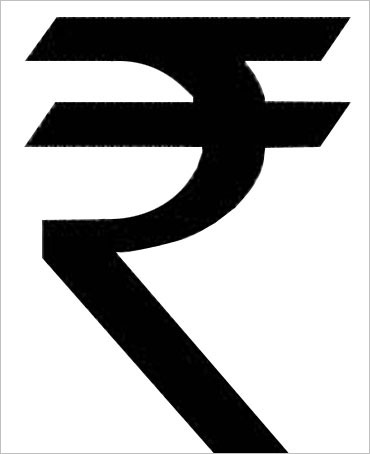
In last week’s column, I wrote about the Orwellian Economics of Indian banking. The basic premise of the column came from something that George Orwell wrote in his book Animal Farm: “All animals are equal but some animals are more equal than others.”
This is clearly being seen in Indian banking, in the way the banks treat loan defaulters. The small borrowers including small businesses, feel the full force of the bank’s system, in case they end up defaulting on the loan. Banks make all the effort to sell the collateral offered against the loan in order to recover the loan. In comparison, big corporates who default on the big loans, are treated with kid gloves.
A few readers emailed and wanted me to write a little more on this issue. So, here we go.
John Kenneth Galbraith writing in The Culture of Contentment makes an excellent point about the structure of the banking system. As he writes: “The man or woman who borrows $10,000 or $50,00 is seen as a person of average intelligence to be dealt with accordingly. The one who borrows a million or a hundred million is endowed with a presumption of financial genius that provides considerable protection from any unduly vigorous scrutiny.”
And how does this impact the way the banks lend money to prospective borrowers? As Galbraith writes: “This individual deals with the very senior officers of the bank of financial institution; the prestige of high bureaucratic position means that any lesser officer will be reluctant, perhaps fearing personal career damage, to challenge the ultimate decision. In plausible consequence, the worst errors in banking are regularly made in the largest amount by the highest officials.”
This is the self-destructive nature of the system. What this essentially means that the managers running banks are in awe of the promoters and managers of large corporates, who come to them to borrow money.
In the Indian context, what also does not help is the fact that public sector banking makes up for close to three-fourths of the banking system. A major part of the public-sector banks are ultimately owned by the central government. In this scenario, politicians end up influencing who the banks lend money to.
This at times includes companies and promoters whom the politicians are close to. The lending has nothing to do with the investment potential of a project for which money is being borrowed. This is a sort of a quid pro quo for the corporates financing the electoral costs of politicians and political parties.
In fact, sometimes the corporate promoter taking the loan brings in very little of his own money into the project. As former RBI governor Raghuram Rajan said in a November 2014 speech: “The reason so many projects are in trouble today is because they were structured up front with too little equity, sometimes borrowed by the promoter from elsewhere. And some promoters find ways to take out the equity as soon as the project gets going, so there really is no cushion when bad times hit.”
What this means in simple English is that lenders with political connections invest very little of their own money into the project they are majorly financing through the bank debt. This is something that the banks should catch on to during the time they carry out the due diligence of the project. But they clearly don’t due to the reasons offered above and that is why the Indian banks are currently in the mess that they are.
So, what is the way out of it? The long-term solution lies in the fact that politicians stop interfering with the lending process of public sector banks. And that can only happen if most even if not all these banks are privatised.
Until then, it is worth remembering what John Maynard Keynes said about banks: “If you owe your bank a hundred pounds, you have a problem. But if you owe your bank a million pounds, it has.”
The column originally appeared in the Bangalore Mirror on April 7, 2017